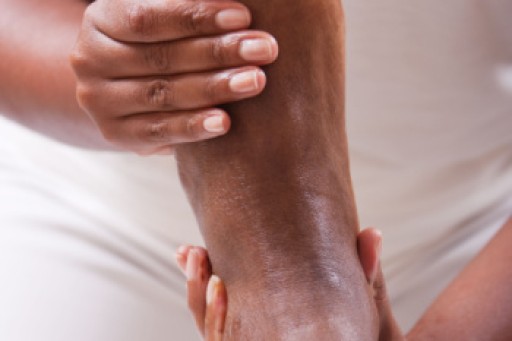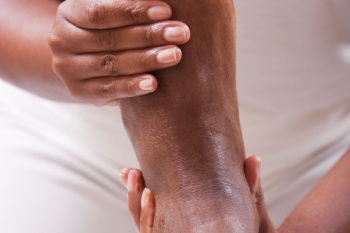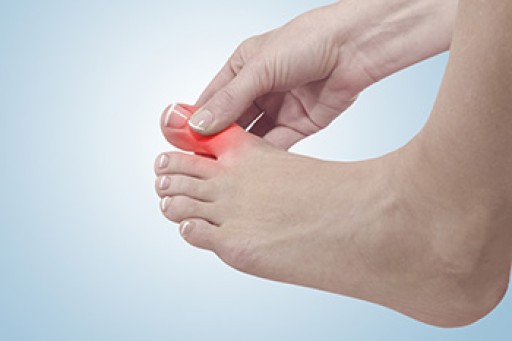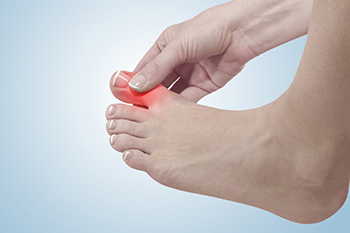
Ankle arthroscopy is a minimally invasive surgical procedure used to diagnose and treat problems within the ankle joint. Through small incisions, a camera and specialized instruments allow a podiatric surgeon to view and repair damaged tissue. Common causes for this procedure include ankle pain, instability, cartilage damage, loose bone fragments, or scar tissue. Reasons to have ankle arthroscopy include unresolved pain, limited movement, or repeated injuries that do not improve with conservative care. A podiatrist can determine if this procedure is right for you by conducting a thorough evaluation and imaging studies. If ankle discomfort is affecting your daily activities, it is suggested that you consult a podiatrist to explore whether arthroscopy can help restore mobility and comfort.
Foot surgery is sometimes necessary to treat a foot ailment. To learn more, contact Scott Samera, DPM of Samera / Foot + Ankle. Our doctor will assist you with all of your foot and ankle needs.
When Is Surgery Necessary?
Foot and ankle surgery is generally reserved for cases in which less invasive, conservative procedures have failed to alleviate the problem. Some of the cases in which surgery may be necessary include:
- Removing foot deformities like bunions and bone spurs
- Severe arthritis that has caused bone issues
- Cosmetic reconstruction
What Types of Surgery Are There?
The type of surgery you receive will depend on the nature of the problem you have. Some of the possible surgeries include:
- Bunionectomy for painful bunions
- Surgical fusion for realignment of bones
- Neuropathy decompression surgery to treat nerve damage
Benefits of Surgery
Although surgery is usually a last resort, it can provide more complete pain relief compared to non-surgical methods and may allow you to finally resume full activity.
Surgical techniques have also become increasingly sophisticated. Techniques like endoscopic surgery allow for smaller incisions and faster recovery times.
If you have any questions please feel free to contact our office located in Lake City and Branford, FL . We offer the newest diagnostic and treatment technologies for all your foot and ankle needs.









